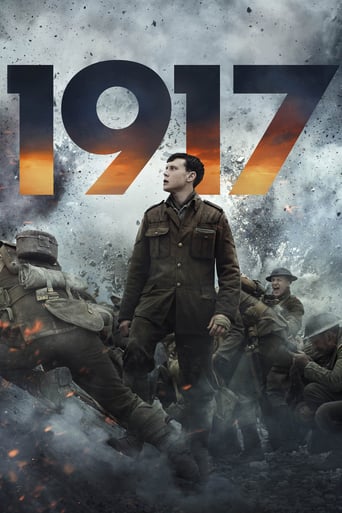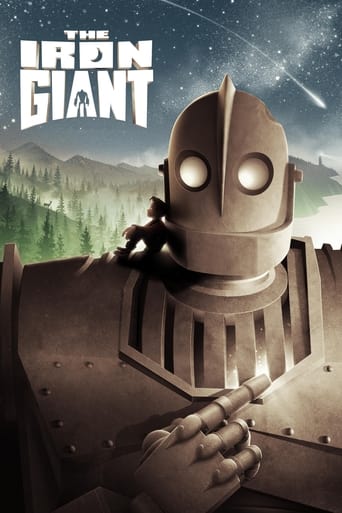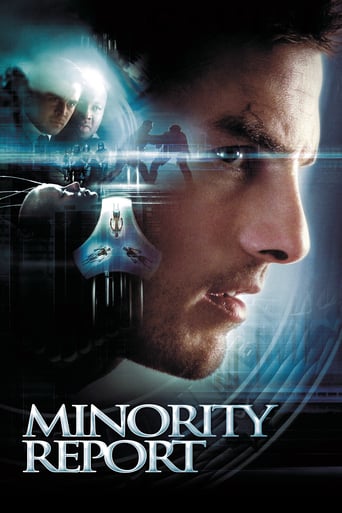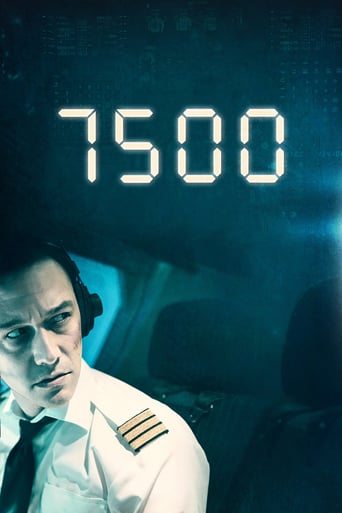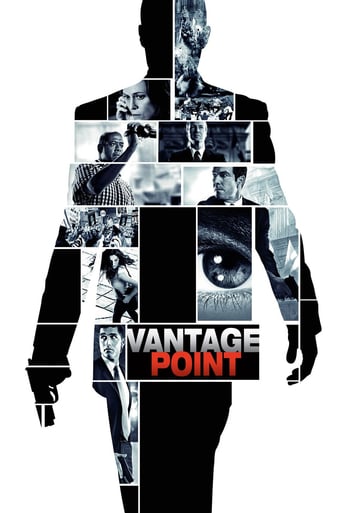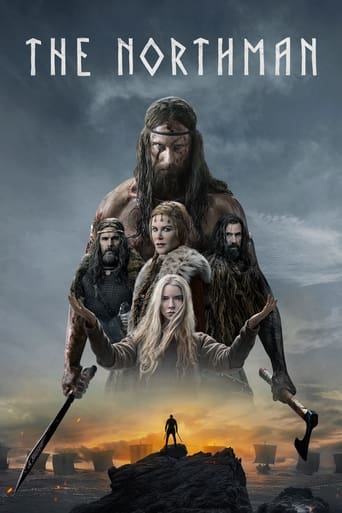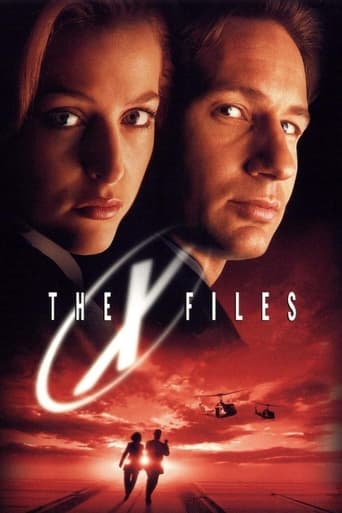


The Bridge at Remagen
In March of 1945, as the War in Europe is coming to a close, fighting erupts between German and American troops at the last remaining bridgehead across the Rhine.
-
- Cast:
- George Segal , Robert Vaughn , Ben Gazzara , Bradford Dillman , E.G. Marshall , Peter van Eyck , Hans Christian Blech


Similar titles
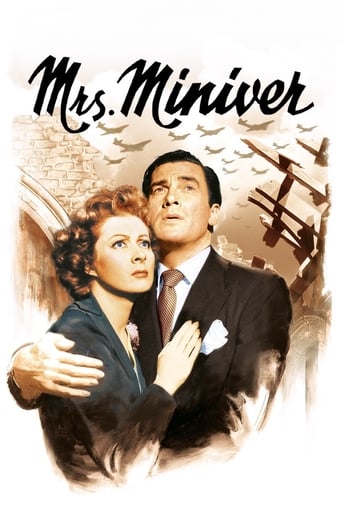
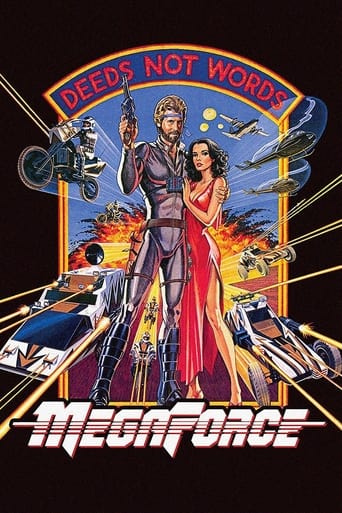
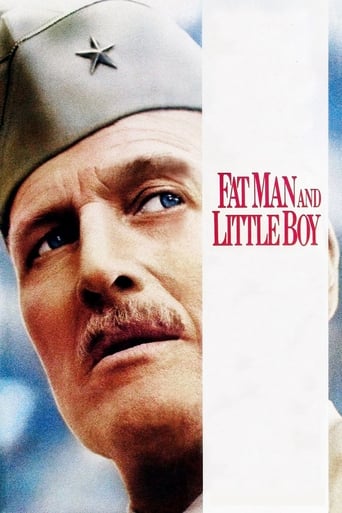
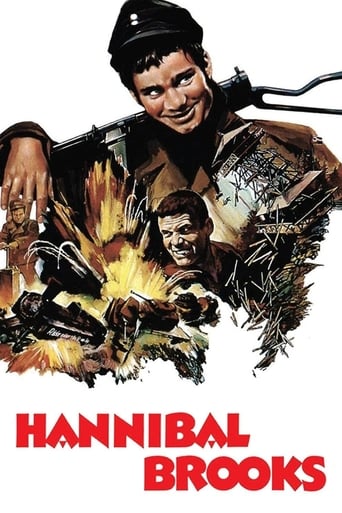
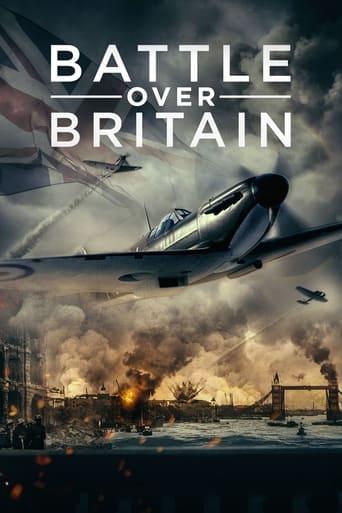
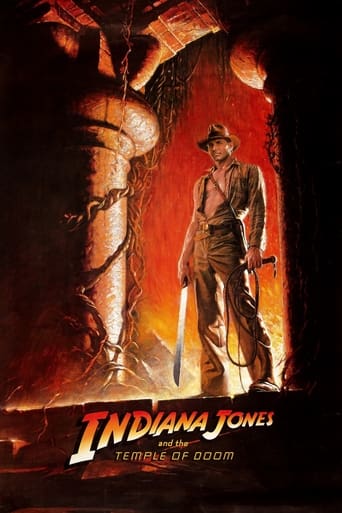

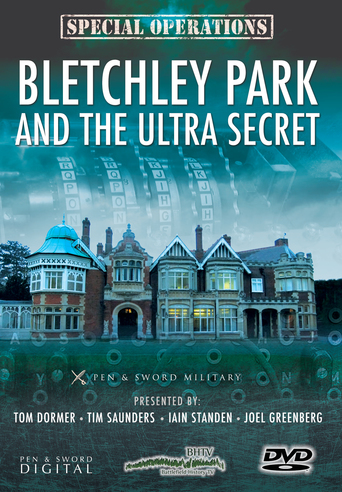


Reviews
Terrible acting, screenplay and direction.
I wanted to like it more than I actually did... But much of the humor totally escaped me and I walked out only mildly impressed.
The acting in this movie is really good.
Although I seem to have had higher expectations than I thought, the movie is super entertaining.
Near the end of WW2 European theater was very bad for the Americans and Germans and I think this movie brings this out
John Guillermin directed this World War II tale set in its last days, as Allied forces are trying desperately to gather its forces in order to cross a bridgehead into Germany, where they can finish off Nazi forces entrenched there. Robert Vaughn plays a Nazi general in charge of preventing this from happening, so he is ordered to blow up the last bridge leading from the Rhine, which would trap their own forces on the wrong side, but will have to be done if they have any chance to save the Third Reich. Ben Gazzara and George Segal play American soldiers trying to keep the bridge open.Mediocre film has a good premise but is utterly undistinguished; there is just little about it that is memorable, despite some good action scenes.
"Once more over the bridge, my dear friends." Henry waved a stick around and was wearing a bucket for a helmet. Kristl had noted that this bucket was quite versatile as it functioned as helmet from any time period and place and universe, including ancient roman times, fantasy worlds like Lord of the Rings and Star Wars. Sometimes Henry would add something to make it fit the mood. Like adding a plume to it to signify it being a knights helmet. However today the bucket was sprayed over for the occasion with army green and was a Second World War helmet. It would function like that for some days to come."I thought that it was Shakespeare who had some king say that." Kristl mused."I made it up, although it was inspired by Shakespeare. King Henry the Fifth said something like, once more unto the breach, my dear friends..""Shakespeare.. I never took you much for a lover of the arts.""I saw the movie.""Ah..""So over the bridge, my dear friends." Henry waved his hand."Yes?""And they took it. Right up the fritzes asses.""Uhm..Lucky for them. I think they tried to blow it up. It must have been painful to push a plunger and nothing happens. Or it went boom but not boom enough. Like in the movie. Here is an interesting notion. Should a movie about the historical taking of a bridge be historically accurate or not?""What do you mean. Was the movie not historically correct?""Not everything. I read that the movie actions displayed in the movie were not although the background was: http://en.wikipedia.org/wiki/Remagen#The_capture_of_the_bridge""Wadda you know. The whole fighting was made up.""More or less.""But it was an exciting movie. A bit cynical. Very sixties and seventies. It reminded me a bit of Kelly's Heroes, but more serious.""I think Vietnam was already having an effect. Like it shows the enemy, Germans, as normal people. In fact this is something I haven't seen for a while. I recall the Longest Day and Bridge too Far being the same way. And of course Gettysburg, but that is probably because the opponents were American. So here Germans are not crazy creeps that shave their heads bald and seem to take pleasure from killing other people by stabbing them to death slowly.. These are normal people; just opponents. Of course such movies are very disturbing, for what is a movie without a proper loathsome enemy?""Well, it makes it less justified to kill them. It is less troubling to kill someone when he deserves it.""There is even this scene where Gazarra kills that German boy who is shooting at them. When Gazarra finds out it is a boy he killed, Segal tells him to plunder the corpse another day. assuming Gazarra is again robbing the dead for souvenirs. Sort of: war is not fun idea.""Hmm.. I rather have them as heroes, then as these disgruntled figures." Henry frowned."You know. I always find that typical Hollywood or even American. The idea that the enemy has to be loathsome so we don't feel bad when we kill them. I realize now that it's not typical for Hollywood or America to do so. Many nations cast their enemies into the role of despicable repulsive beings. I recall an Indonesian movie where the Dutch are cast in the roles of dumb greedy foreign oppressors. An interesting aspect is how these roles change over time.. In the old days for instance Arabians were cast in the role of noble warriors, remember Lawrence of Arabia? The Turks were the enemy, so they were revolting individuals. I think there is even one scene where Turks rape Lawrence.. or at least it is suggested. Now the roles are probably reversed.""Well.. in the end it has to be an exciting movie. Where people fight each other and the good side wins.""Even if it is all silly and unhistorical." Kristl said."The problem with most people is that they take movies far too serious. They start to think that the nonsense that is seen is the truth." Henry said, "My rule is simple. Whatever is on a screen, big or small, is entertainment or opinion and therefore not true. Let is just be good at entertaining for it will never be good at telling the truth.""The power of imagery. One false image says more than thousand lines of historically documented, investigated and checked information. Historians must be pulling their hairs when they see nonsense become fact, because history has become democratic. When the majority believes something to be the truth.. it becomes the truth because wikipedia makes it the truth." Kristl said."Whatever.. I like this movie. It had some guys bickering with each other, but finally working together to capture the bridge.""Well, I find the matter of fact almost cynical attitude better than the hopelessly over romanticized mood displayed in....." Kristl mumbled. Henry put a hand on her mouth thus stopping the last words and then he put an outstretched finger on his lips, "We will not compare this one to another one." Henry said. "Kapish?"Kristl shook her head in acknowledgment
In March 1945, during the Allies' final advance into Germany, the U.S. 9th Armored Division succeeded in capturing the Ludendorff Bridge in the Rhineland town of Remagen. This was an important event because it was the only significant bridge still standing over the Rhine, and its capture meant that the U.S. Army could cross it immediately with heavy tanks, artillery pieces and supply trucks, thus establishing a bridgehead on the eastern bank of the river without the need for an amphibious crossing. "The Bridge at Remagen" tells a fictionalised version of these events. Virtually all war films made during World War II itself, and most of those made during the following decades, took a strongly patriotic approach, with the heroic Americans or British putting the villainous Axis forces to flight. There were, however, a few which took a more objective, nuanced look at the war. "Bridge on the River Kwai" and "Ice Cold in Alex" are two fine examples which come to mind, and this film is another. The three main characters on the American side are Major Barnes, Lieutenant Hartman and Sergeant Angelo, generally known as "Angel". Barnes is an aggressive, gung-ho officer, determined to capture the bridge at all costs, although he is motivated less by belief in the Allied cause than by a desire to further his own military career by impressing his superiors. Hartman, by contrast, is becoming disillusioned and weary of the war; his main motivation is to get home alive along with as many of his men as possible. He has reluctantly been promoted to company commander following the death of his more reckless predecessor. He despises Barnes whom he sees as putting his own interests before the lives of the men under his command. Angel also, at first, seems like a man who puts his own interests before all else, in his case by trying to make a profit out of anything he can steal. Early in the film we see him picking the pockets of a corpse, much to Hartman's disgust. Later on, however, Angel is humanised by his exposure to the darker side of war, especially after he is forced to shoot a German civilian who has opened fire on his unit, only to find that he has killed a teenage boy. The main character on the German side is Major Paul Krüger, the officer charged with defending the bridge. Krüger is not portrayed as a stereotypical Nazi but as an honourable Wehrmacht officer with a strong sense of duty. He is, however, confronted with two difficulties. The first is that he has been given two sets of mutually contradictory orders. The German High Command, on Hitler's instructions, has commanded that all bridges across the Rhine should be destroyed, but Krüger's immediate superior, General von Brock, has ordered him to hold the Remagen Bridge for as long as possible to enable the German 15th Army, trapped on the west bank of the river, to escape. His second difficulty is that he has been allocated insufficient troops to do the job. Unlike many war films, this is not a simple tale of the triumph of American heroism over Nazi villainy, but rather a psychological study of men at war. It features a number of very convincing performances, especially from George Segal as Hartman, Ben Gazzara as Angel and Robert Vaughn as Krüger. Hartman and Krüger may be on different sides, but both are shown as fundamentally decent, if flawed, characters. We do see evidence of German brutality and treachery, but against this must be set Barnes's callous disregard of the human cost of his actions and a scene where American planes strafe unarmed German civilians trying to flee across the bridge. It is not an anti-war film in the way in which, say, "Catch-22" or "Oh! What a Lovely War" are anti-war, but it can be seen as an anti-heroic war film, with no attempt to paint one side as wholly good or the other as wholly evil. In place of glory or heroics it shows us ordinary people, both soldiers and civilians, trying to survive the war with their lives, or their honour, intact. Director John Guillermin made some other good war films, including "I Was Monty's Double" and "The Blue Max", which also showed some of its German characters in a sympathetic light, but "The Bridge at Remagen" is the best of his which I have seen. 8/10

